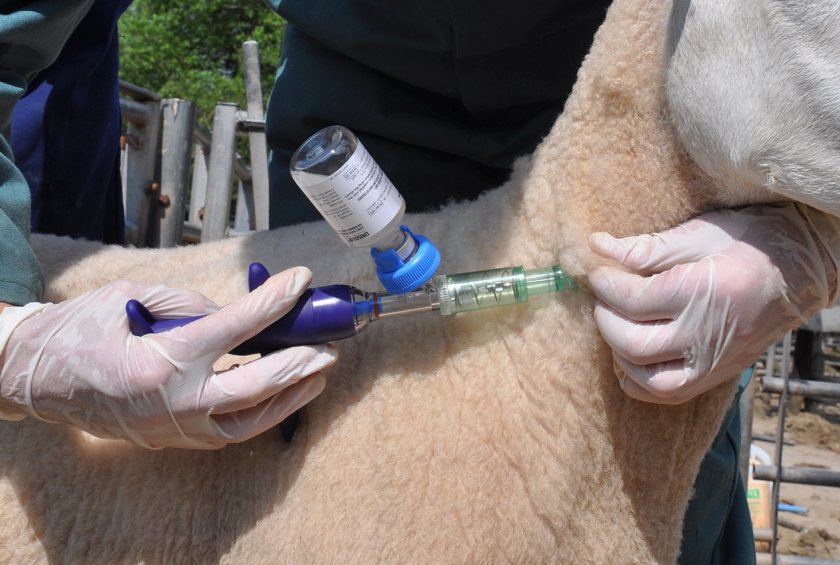
This year's FlockCheck diagnostic service has launched, allowing sheep farmers to blood test their flock for exposure to toxoplasmosis and enzootic abortion.
The subsidised diagnostic scheme, developed by MSD Animal Health, has been running for more than 15 years and is available from vets nationally.
It requires practitioners to take blood samples from six to eight aborted, unvaccinated ewes, or from barren ewes or ones that have produced weakly lambs.
According to a poll of farmers attending the recent Sheep Health & Welfare Advisory (SHAWG) Conference, ewe reproductive failure and neonatal lamb disease and mortality are the three biggest factors limiting better flock productivity.
Toxoplasmosis and enzootic abortion continue to be significant causes of these unwanted flock heath issues.
Consequently, sheep farmers that experience more than two percent of their flock barren or aborting this lambing season are being encouraged to contact their vet to take advantage of the scheme.
Annual FlockCheck blood test results consistently show that the majority of aborted ewes tested have been exposed to either toxoplasmosis or enzootic abortion (EAE) – and sometimes both.
This is consistent with a recent AHPA analysis showing that over recent years (2002 to 2019), EAE and toxoplasmosis have been the most common diagnoses of sheep abortion.
According to MSD Animal Health veterinary adviser Dr Kat Baxter-Smith, both these infectious disease can be responsible for reducing the number of lambs per ewes mated, which can increase workload and stress during lambing.
Profit may also be reduced significantly, she warns, but using FlockCheck can help in improving a flock’s potential and overall economic performance.
“For example, toxoplasmosis, caused by infection with the Toxoplasma gondii parasite, does not just cause abortion," Dr Baxter-Smith said.
"It is also the main infectious cause of early embryo loss in sheep and a very common cause of barren ewes or weak, sickly live lambs.
"It is likely that almost all flocks in Great Britain have been in contact with this endemic parasite, which means all breeding sheep should be considered at risk.”
Farmers interested in taking advantage of the service have been told to contact their local practice as soon as possible.
This year’s FlockCheck scheme commenced on 1 February 2021 and runs until 30 June 2021.
